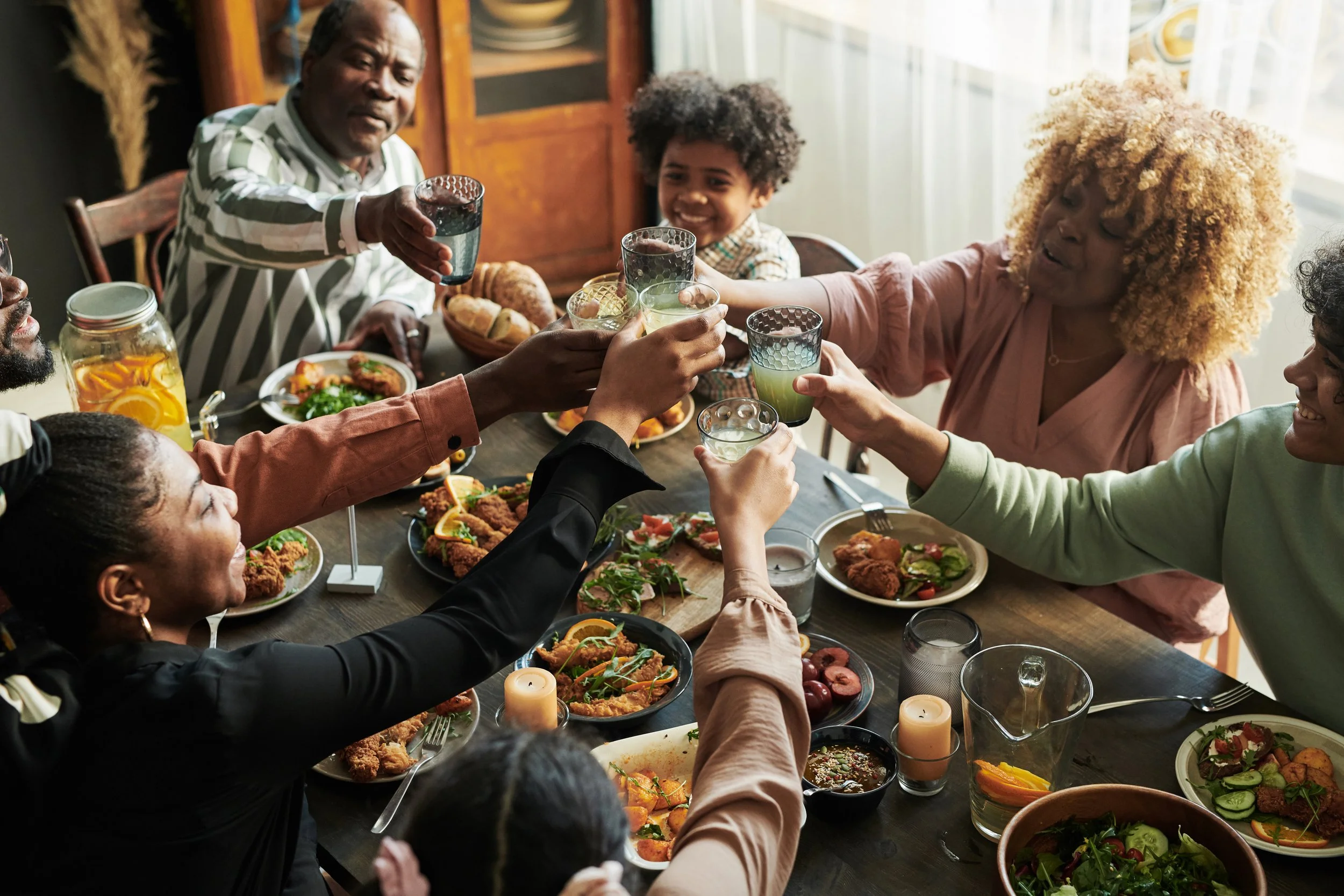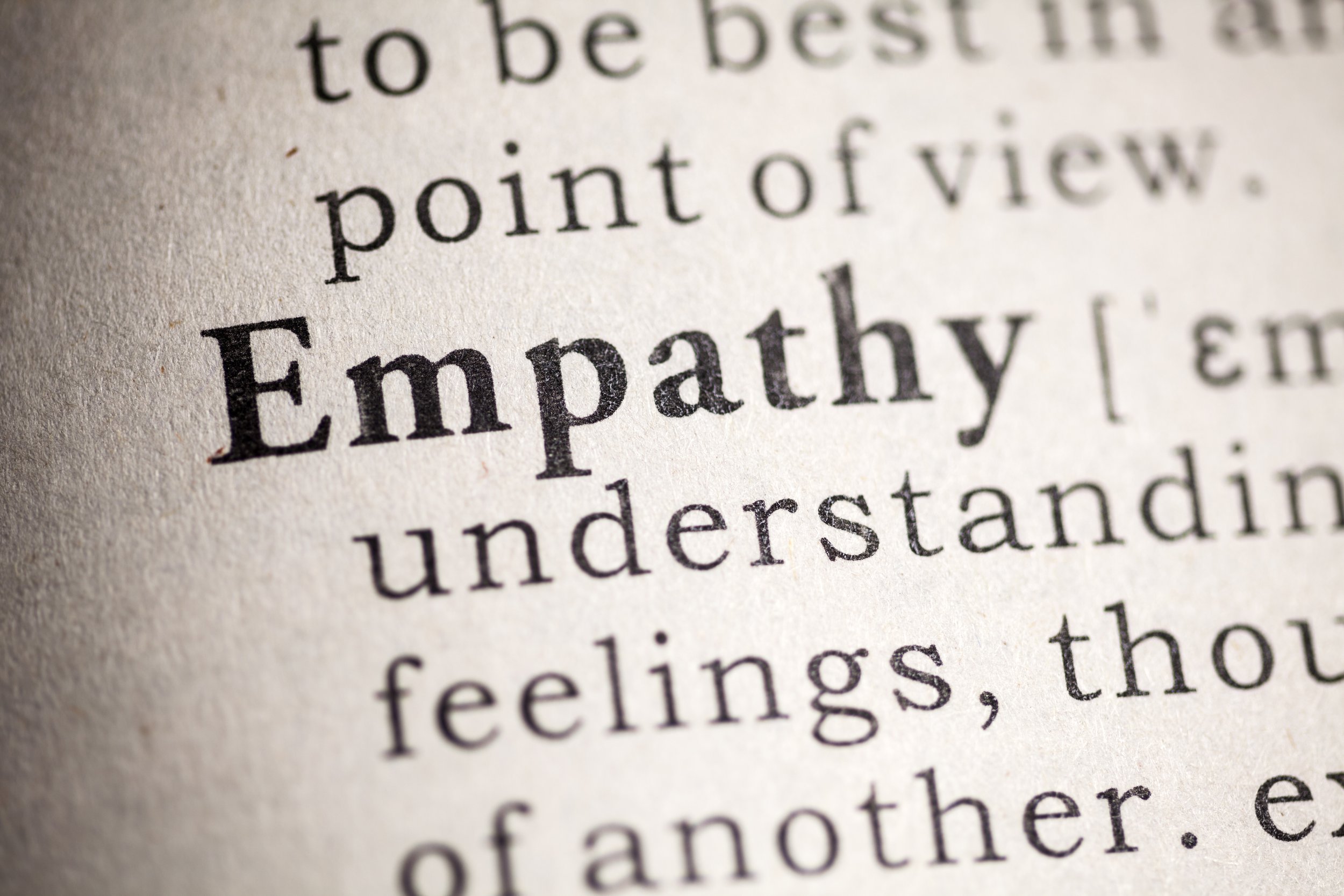“Behind every great woman, there are a shit ton of other dope ass women who have her back.”
This quote was on a mug I purchased for colleagues of mine a few years back. I had no idea then just how meaningful this quote would become in the years ahead.
Over the years since I’ve come to know the beauty of female connection. The way women can show up for one another in the most giving, forgiving, loving, and consistent ways.
In 2020, after 19 years, I left a marriage that was long broken. A space I’d known most of my life and all my adult life. I lost myself, made mistakes, and experienced the greatest depths of grief. I questioned if there was any way to return to myself or to my community; the community I’d once held so much love for, and who loved and respected me in return.
I was at my bottom. After sitting through divorce proceedings for hours, I came out to see all the light around me. I walked out into a room of women waiting to embrace me as I grieved in their arms.
The woman in my life held space for me in their heart. They showed up. They listened, validated, challenged me, and at times deeply worried about the outcomes of the mess I was going through. And…they showed up.
It’s been a few years now since that day. While I’ve been able to find the way back home to parts of myself, I lost some parts that I will always miss. Mostly, I lost the armor which protected me temporarily from the pains of life. What I gained was the vulnerability to experience a life full of joy outside of the confines of my own armor and free of a relationship that constricted my spirit. I also gained clarity about the power of love and female connection as I was supported through growth and change.
Here are 5 lessons I’ve learned about love, connection, courage, and what it means to show up for others through the depths of grief, devastation, and re-creation.
1. Being present without judgment:
We are human. We make mistakes and sometimes big ones. The women around me during one of the hardest times in my life taught me that being fully human means messing up, being flawed, and being capable of learning and growth. Non-judgment can be challenging in relationships, especially when we think there is risk involved in the decisions being made. Carl Rogers, the father of person-centered therapy, believed that people are competent and fully capable of seeing their mistakes and know what needs to change even if they may not initially admit it. There’s power in allowing others to experience the mistakes they make and stand without judgment, helping them recover when they are capable.
2. Listening:
The women who supported me along the way knew the importance of listening. Being a village, being vulnerable, and showing parts of ourselves while validating my experiences. Being fully present and listening. Listening and being heard is a critical part of a deeply intimate relationship. One’s ability to listen and empathize creates space for healing in a relationship with another. Feeling heard and seen is essential for growth.
3. Allowing for rupture and repair:
I made many mistakes along the way. Some of which hurt others around me. While the situation did not justify the actions, the challenges of divorce impacted the ways I was capable of showing up in relationships. In struggle, it can be challenging to be the friend one might be under normal circumstances. In all healthy relationships, there is rupture and repair. Some ways in which we as humans hurt each other are by saying the wrong things, minimizing others’ experiences or not being fully present and listening. Rupture is common in relationships and during this difficult time in my life, women showed me that while rupture was a natural part of our relationship, the repair is essential for the health and longevity of a relationship. A village provides a space to screw it up and circle back to repair any hurt that might have been caused along the way.
4. Holding boundaries:
Prentis Hemphill defines boundaries as “the distance at which I can love you and me simultaneously.” Through my separation, there were moments of grief, despair and choices which made aspects of my life more chaotic than peaceful. Though these women were able to listen and practice compassion, they held their boundaries. What I needed wasn’t someone to jump into the hole with me, I needed someone to stay outside of the hole and give me a hand if or when I was ready.
5. Empathizing:
It seems one of the greatest gifts someone can receive from others when in struggle is empathy. Empathy is defined as the ability to understand another person’s thoughts and feelings from the other’s point of view, rather than your own. It’s different from sympathy, sympathy allows for emotional distance, empathy is feeling with another person. During a divorce or other challenging life experiences, having others feel with you can be a profound experience, minimizing the sense of isolation, shame, or loneliness. While the women in my life were unable to take the pain away, they were able to feel with me and understand the depths of the loss, fear, and disconnection I was feeling at the moment.
Being a part of a village of women over the past few years has taught me the beauty and strength of female connection. I’ve learned about empathy, care, compassion, commitment, and the true power of connection through these relationships. While for me, these lessons were learned from a village of women, the 5 lessons listed above can be used in every relationship. With our coworkers, clients, friends, our children, and our partners. Even if you find friends and family struggle with these skills, there are people who are capable of being your village. Whether it’s a coach, therapist, pastor, or support group members, please remember, you are not alone.
Who’s a part of your village?












